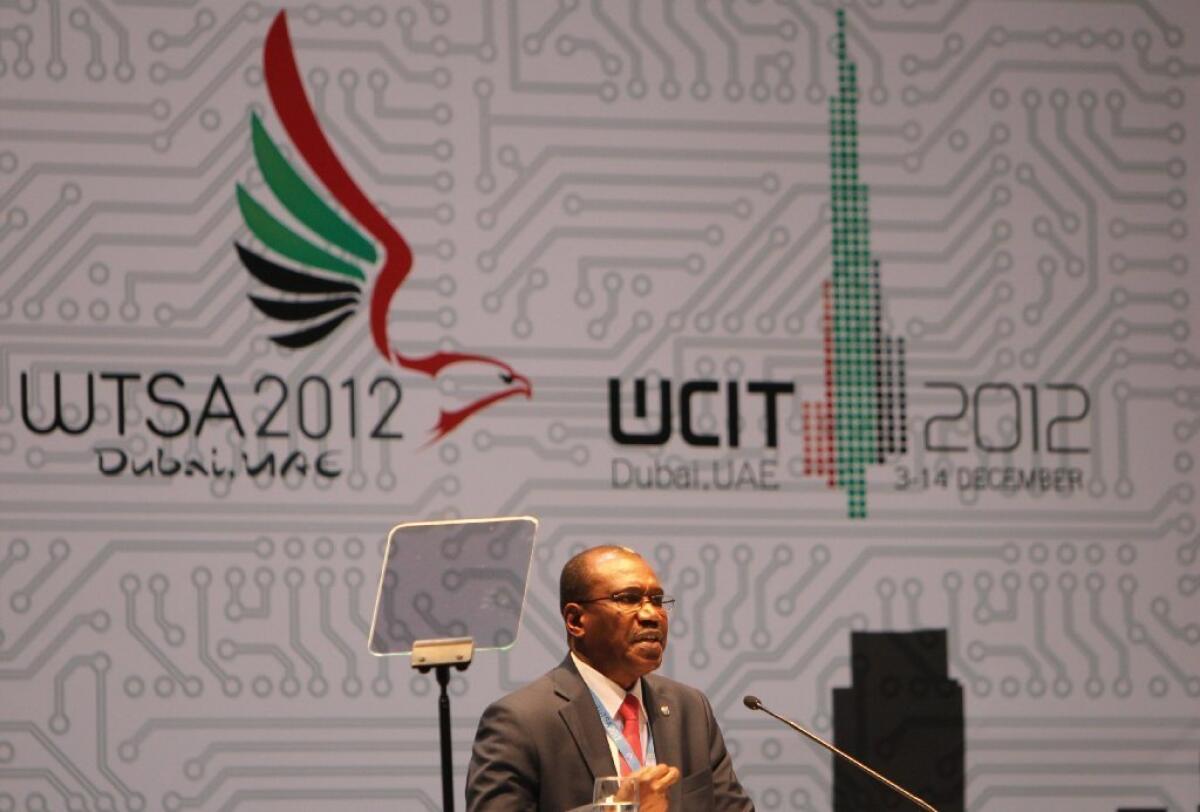Russia backs off plan that would place more regulation on Internet

A Russian-led proposal by a coalition of countries to place further government regulation over the Internet has been withdrawn.
The plan under consideration by the International Telecommunication Union would have given countries the power to block the Internet from some locations, according to Reuters. Additionally, the plan would have taken control of the allocation of Internet addresses away from ICANN, a U.S.-based organization that is under contract to the U.S. Department of Commerce.
Russia’s plan was supported by China, Saudi Arabia, Algeria, Sudan and the United Arab Emirates. Opposing it were many Western countries, including the United States and Canada.
QUIZ: What set the Internet on fire in 2012?
This is good news if you want the Internet to remain the way it is now, but the U.S. and its allies aren’t out of the woods yet.
“It may come down to the wire,” a Western delegate, speaking anonymously, told Reuters. “There are a lot of other [similar] proposals, so I don’t think this represents a substantial conclusion and could be just maneuvering.”
The talks to draw up a new treaty are slated to end Friday at a meeting of the ITU in Dubai.
ALSO:
Twitter bringing redesigned profile, photo feature to all users
Monkey in a coat gains worldwide (Web) fame: #IKEAMonkey
Facebook polls close: Facebook wins privacy vote by a landslide
More to Read
Inside the business of entertainment
The Wide Shot brings you news, analysis and insights on everything from streaming wars to production — and what it all means for the future.
You may occasionally receive promotional content from the Los Angeles Times.










